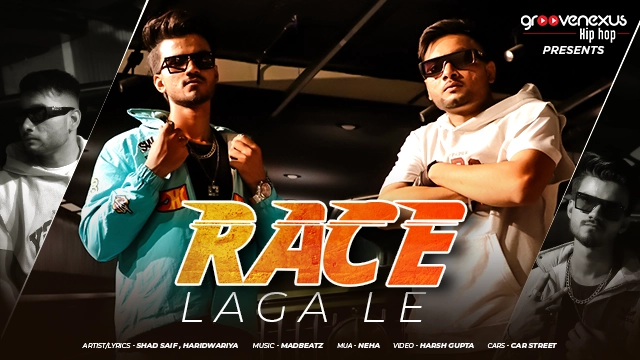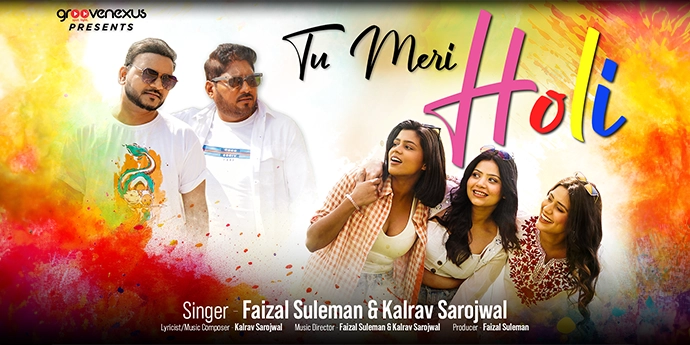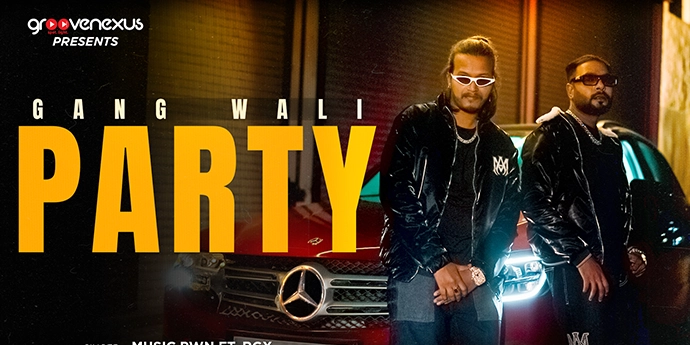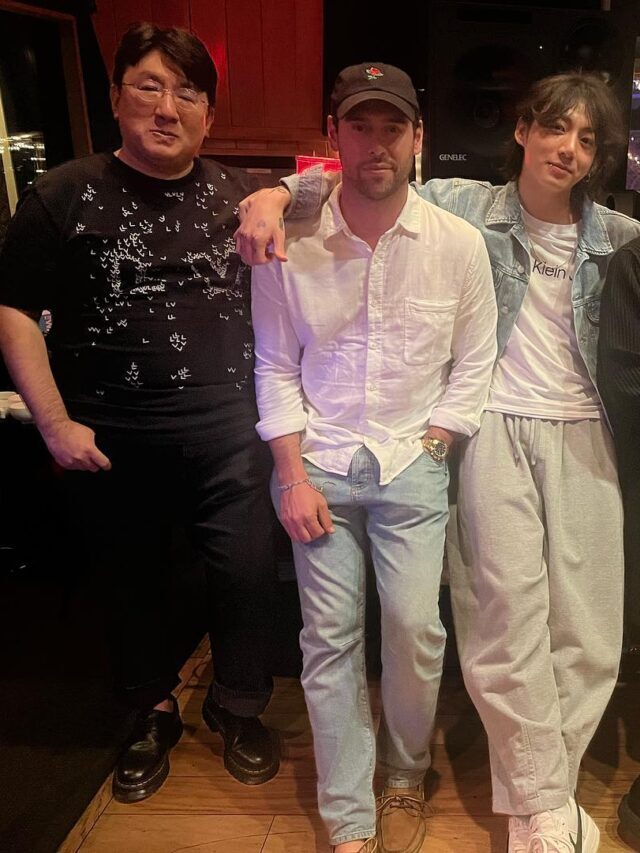Going forward in this blog, we will discuss how NFTs, 3D avatars, and the Metaverse are changing the music and entertainment industry. Once upon a time, music could only be created in studios with costly recording equipment and thousands of dollars in investment. Still, today’s in-app recording settings and controls provide musicians with an alternate creation method.
It is no longer necessary for aspiring musicians to seek out top producers or listeners interested in their music; anybody can now achieve success. Smartphones have also provided various new options for sharing music with listeners worldwide. The rise of music-streaming platforms and applications have fundamentally altered how musicians share and advertise their work. The delivery of music to a worldwide audience has never been easier or more accessible than now. Thanks to services like SoundCloud and Spotify, the delivery of music to a global audience has never been easier or more accessible than it is now. Spotify has the best music playlist for music lovers, and you can quickly get more listeners on SoundCloud.
What is Metaverse?
If you pay attention to crypto or tech worlds, then you might have heard about it before late 2021. Basically, metaverse is the future vision of internet which is related to virtual and augmented reality. It will replace real world experiences with virtual reality which is likely to feel real. Now you may wonder how the metaverse will work? So, there are many competitive visions on the working of metaverse.
This one seems more accurate: it’s viewed as the next significant evolution of the Internet, shifting from text-driven websites into overlapping 3D spaces in which users interact via 3D avatars. Proponents believe that the metaverse will be used for many things, from gaming, shopping, socializing to events and even work. It won’t be limited to one site or platform but rather an array of online destinations that will support customizable 3D avatars and assets that you can move from one virtual place to another.
Metaverse and the Music Industry
The word ‘meta’ means beyond the universe. It can also be described as the blending of a virtual environment and the physical world.
Metaverse is the future of the internet in which we can interact with people virtually. Want to see your favorite concert show in Rio De Janeiro? Avoid the hassle and get virtual front row seats that you can experience from your place in 8K resolution with Spatial Audio and many unique features. Aren’t camera-ready for a show? Send your avatar to the meeting or show instead.
Foe better understanding, let’s take an example of Travis Scott. Epic Games hosted Travis Scott on Fortnite, over 12 million players left their virtual battle stations to attend the concert. They saw a digital avatar of Travis Scott perform in familiar locations, and the audience launched into outer space. It was the most significant event conducted by Epic Games – and paved the way for the future of entertainment, gaming, and music.
Want to throw a party with your friends from around the world? Hire a DJ; he can do three or four shows a day from the comfort of their home. With the help of NFT powered metaverse, music will be streamed, and concerts will be held, offering traditional revenue streams a new ecosystem to monetize. If metaverse goes as many in the tech or gaming industry expect it to, it will be the second world of virtual reality with many monetizable aspects as real life. Also, new revenue streams that we haven’t even conceived of yet, pushing the music industry to new heights.
Let us know how the metaverse will impact the music industry in the upcoming times.
5 Ways NFTs, 3D Avatars and the Metaverse will Revolutionize Music Industry
1. Reaching out to new Audiences
The number of musical artists seeking to influence and invest in new companies is increasing, and this trend is expected to continue. Artists and companies alike seek novel methods to reach new audiences and produce new income streams, and the entertainment sector is no exception.
The Metaverse is, in essence, the next generation of the internet, a new virtual cosmos for users to explore and interact with. To reach fans, artists may use a range of activities like virtual concerts, product sales, and other integrated in-game/in-app activities to promote their work.
2. New Revenue System to Consider
The massive opportunity that Metaverse presents for many artists is becoming increasingly apparent as tech giants usher in the following internet generation. As a result, more and more brands, artists, and agencies are beginning to recognize the massive opportunity metaverse music entertainment presents for many artists.
The economy of the Metaverse will not only be made up of firms that sell digital items to consumers, but it will also most likely be made up of peers who sell to other peers.
3. The hype of the Market
At its most basic level, the Metaverse serves as a playground for companies, allowing them to push the limits of what is possible in the actual world and express their most fanciful and creative style in an almost endless environment.
In a world where most brands are digital-first businesses, tapping into and expanding their digital identities, branding, and content, as well as their goods that digitally engage with customers, maybe the next logical step for them.
4. Rise in 3D Avatars for Fan Engagement
Today, artists and agencies feel responsible for ensuring a solid entrepreneurial ecosystem around 3D music. For many, it is paramount that the artists and creatives they represent continue to take advantage of digital media and technology. Especially for 3D avatars, their customization has become a unique opportunity for fan engagement, personal expression, and next-generation experiences. By taking advantage of 3D avatars, artists can create virtual “identities” that they can use across various digital platforms. These avatars allow fans to connect with an artist online, furthering loyalty and engagement in the virtual world.
5. Digital NFTs and Wearables Are Going Mainstream
At a higher level, the Metaverse serves as a playground for brands to transcend boundaries in the actual world and live out their most imaginary and creative beauty in limitless space. Most brands are digital-first companies, so tapping into the Metaverse could be the next step in expanding their products to enhance their digital identity, branding, and content and develop products that connect digitally with consumers. Huh.
Recording artists, record labels, and top music businesses use NFTs to rediscover themselves and connect with fans. As NFT continues to spark interest, musicians such as Shawn Mendes, Kings of Leon, and Grimes have entered the popular NFT trend, joining the fashion world and the ranks of fine-art collectors. In addition, NFTs have opened new possibilities for musicians to monetize themselves. For top artists like Snoop Dogg, the creation and sale of NFTs give creatives direct rights in the sale and future resale of their art. For fans, these digital assets guarantee a new way to support their favorite creators, and not everyone may have exclusive access to the stuff.
Conclusion
Some of you will think that you already know about virtual reality, how metaverse is different? It’s true that virtual games have been around for a long time now. One of the main differences between virtual games and the NFT powered metaverse is the idea of asset ownership. In virtual world games, you pay money for virtual currency that remains on the centralized servers of the game maker only. You can’t use them in your own way like resell them for money on third-party marketplaces. It’s a one-time transaction on the server of a game maker and that’s it.
In the metaverse, you can own things like digital apparel, avatars, land, and other items and can migrate them according to you. Furthermore, metaverse proponents believe that it will unlock many economic opportunities for users and creators. For example, by creating content and items that others can purchase as NFTs. For musicians, music NFTs are digital certificates that prove ownership of an asset, and they will allow it to be sold or used by others. The certificates are protected by blockchain technology, the same that powers other cryptocurrencies and Bitcoin. NFTs or Non-Fungible Tokens have taken business of music by storm, and both musicians and executives are gearing up to use this revolutionary concept.









